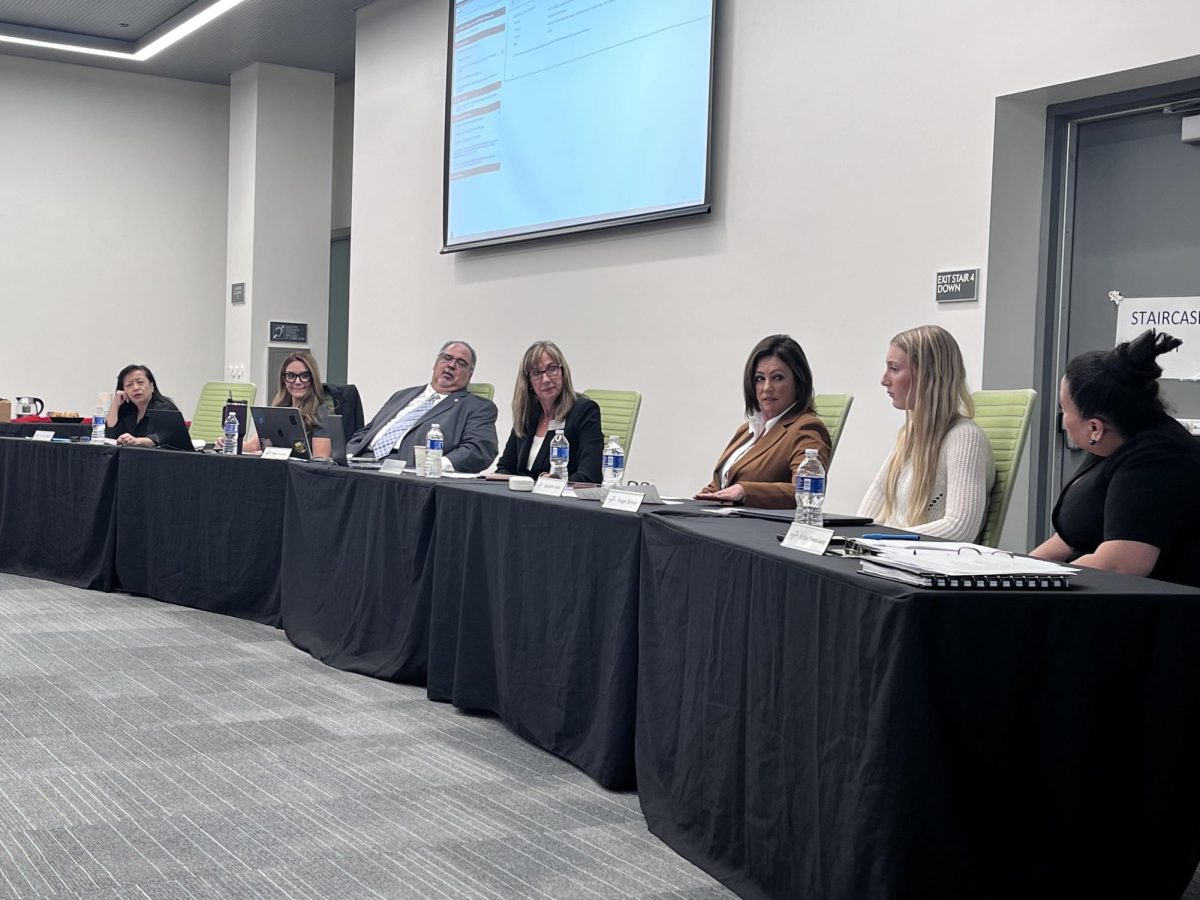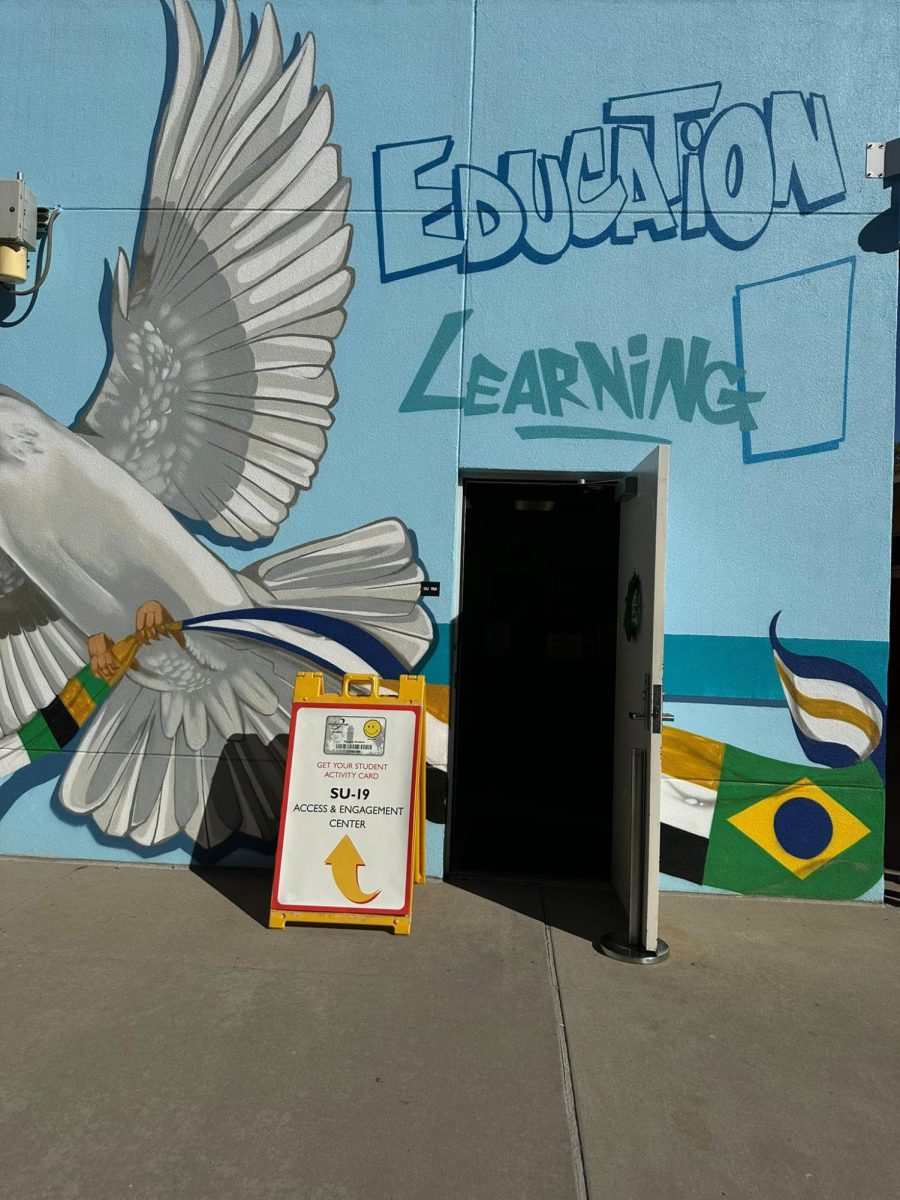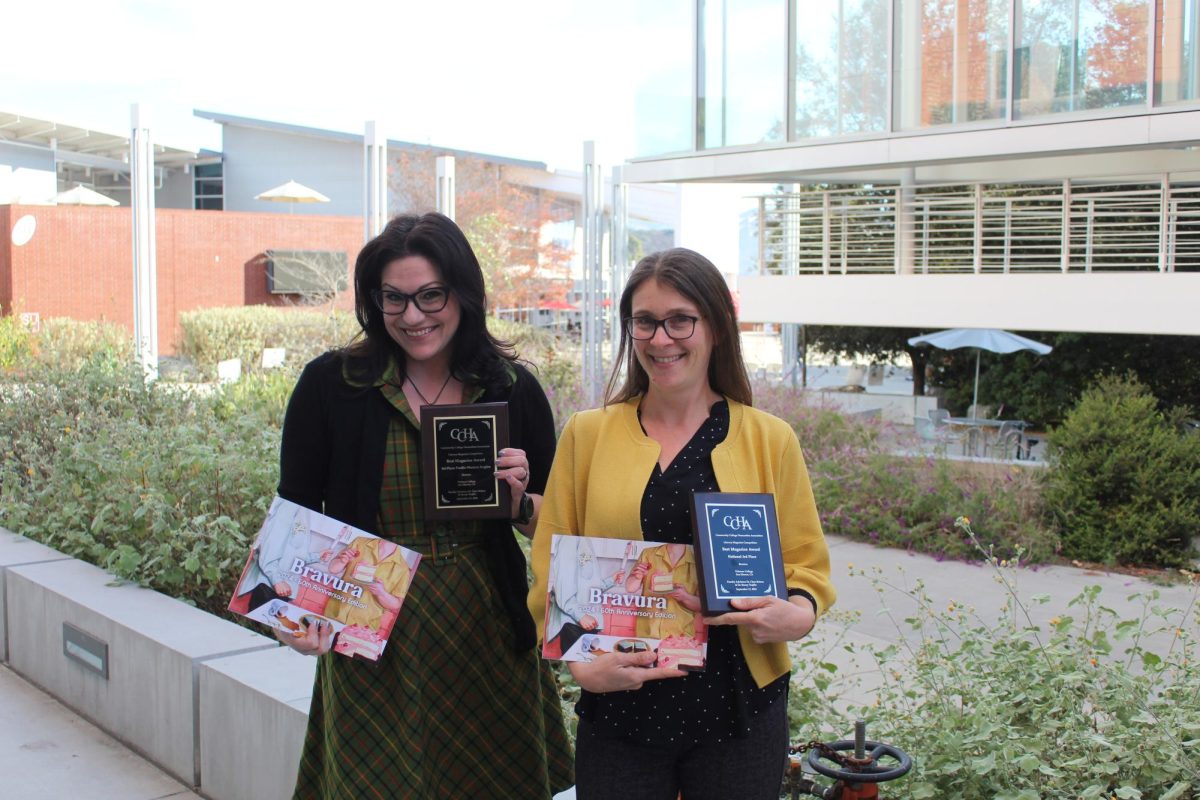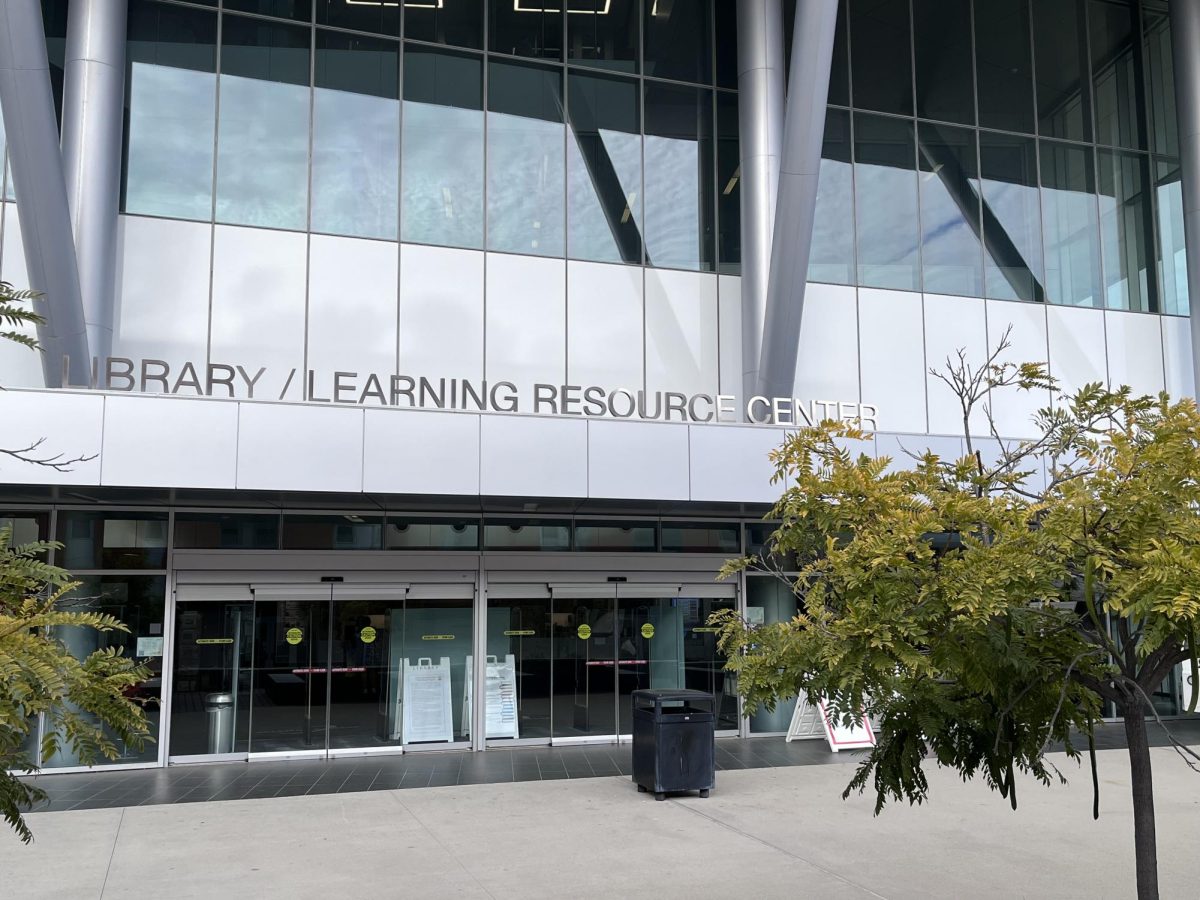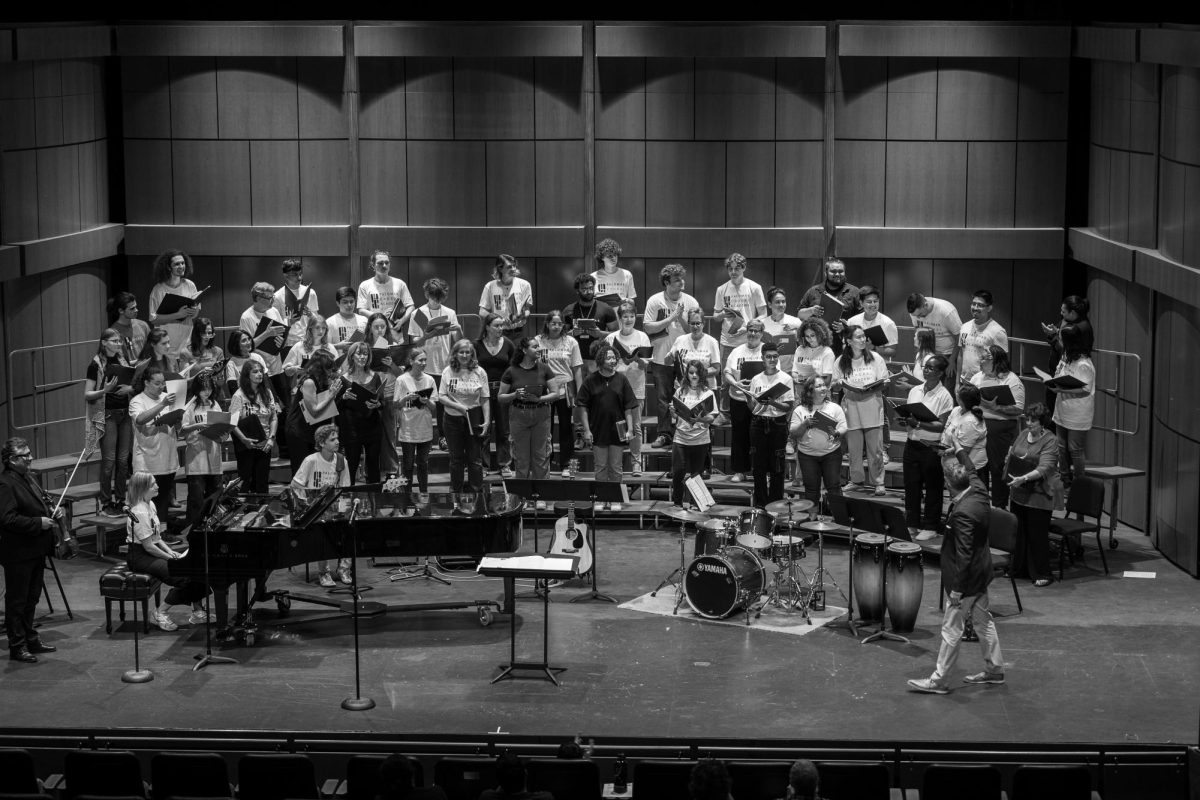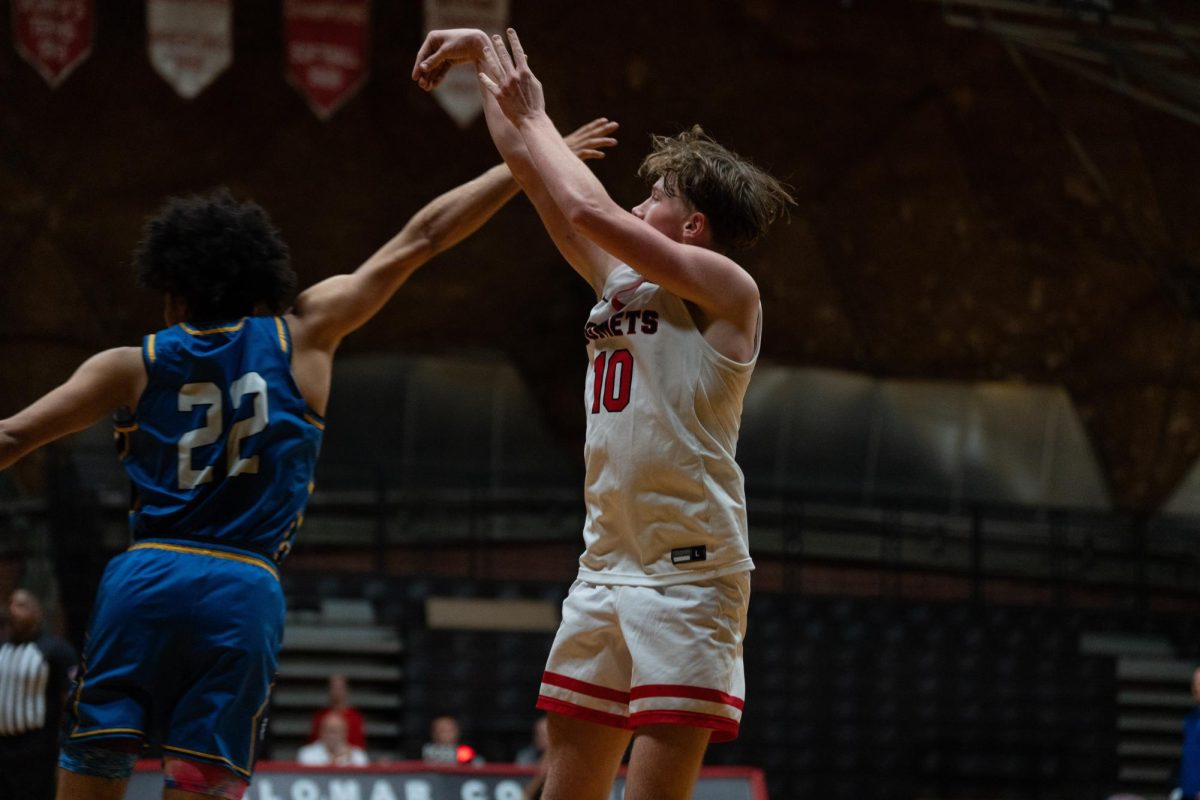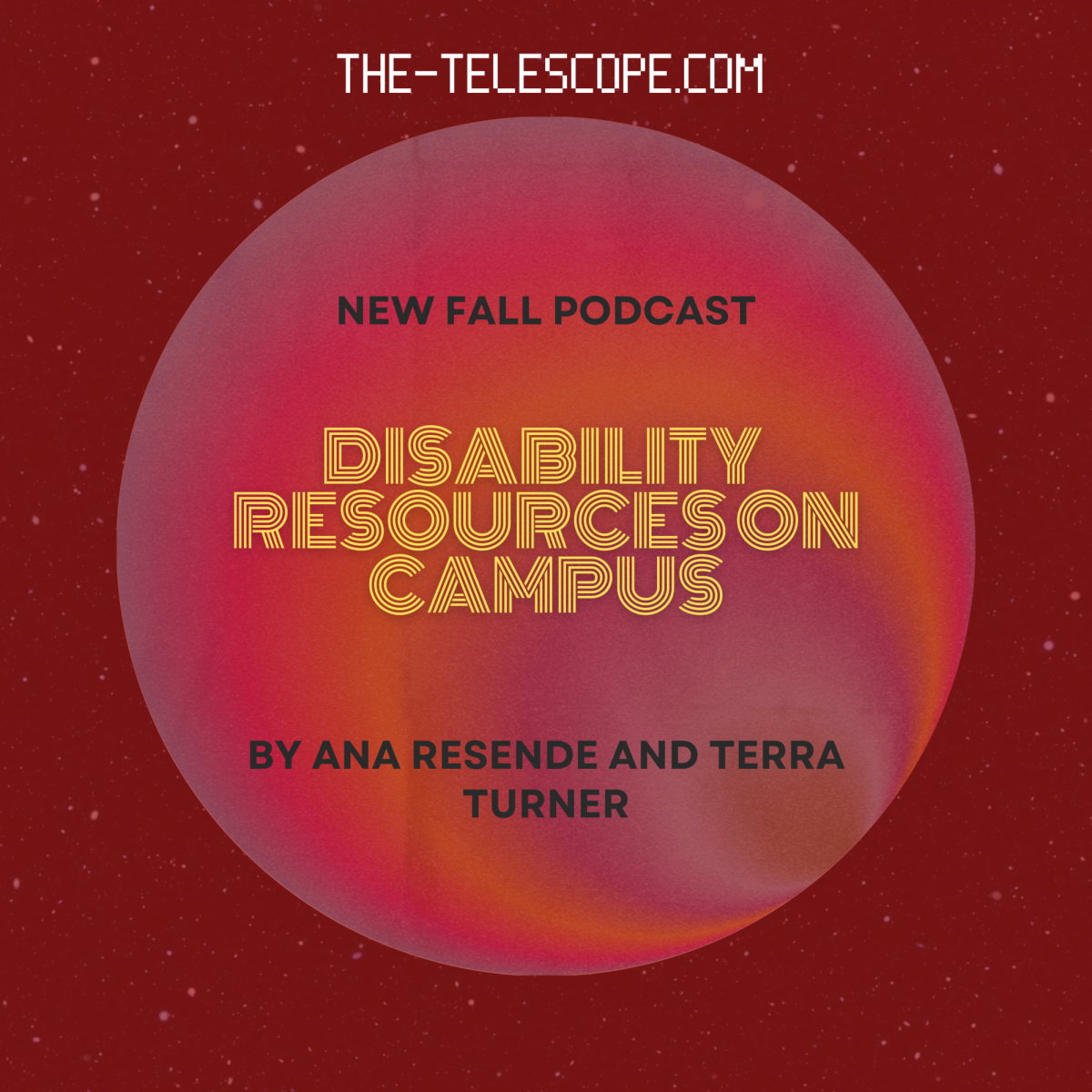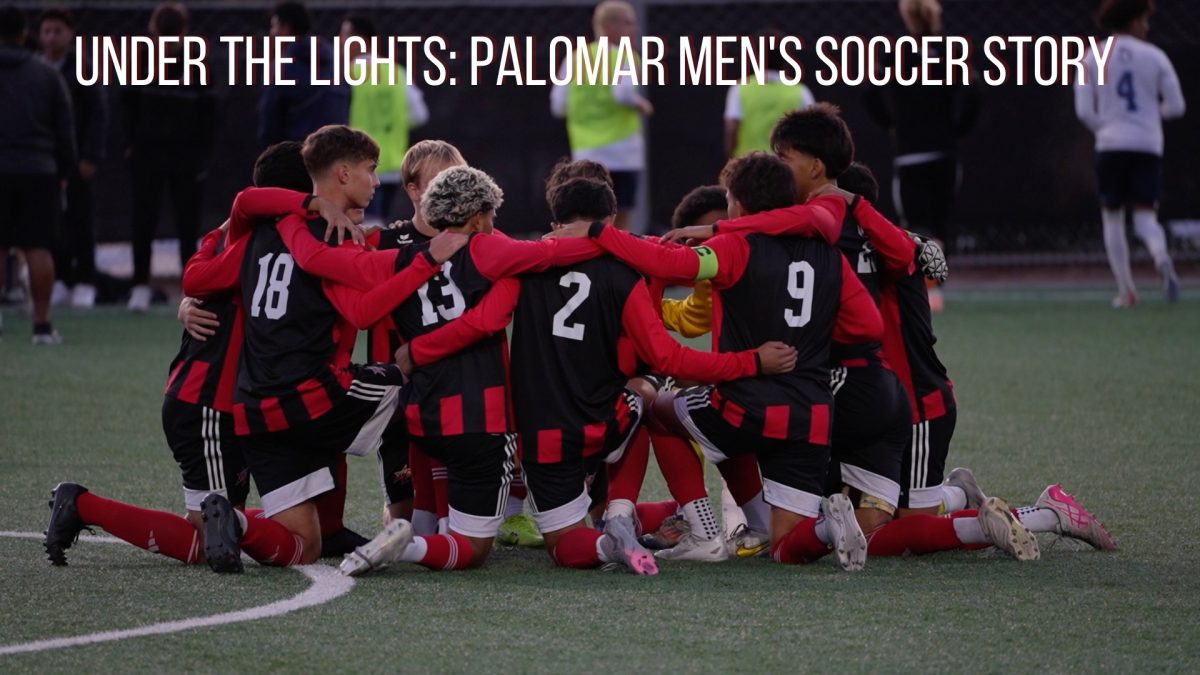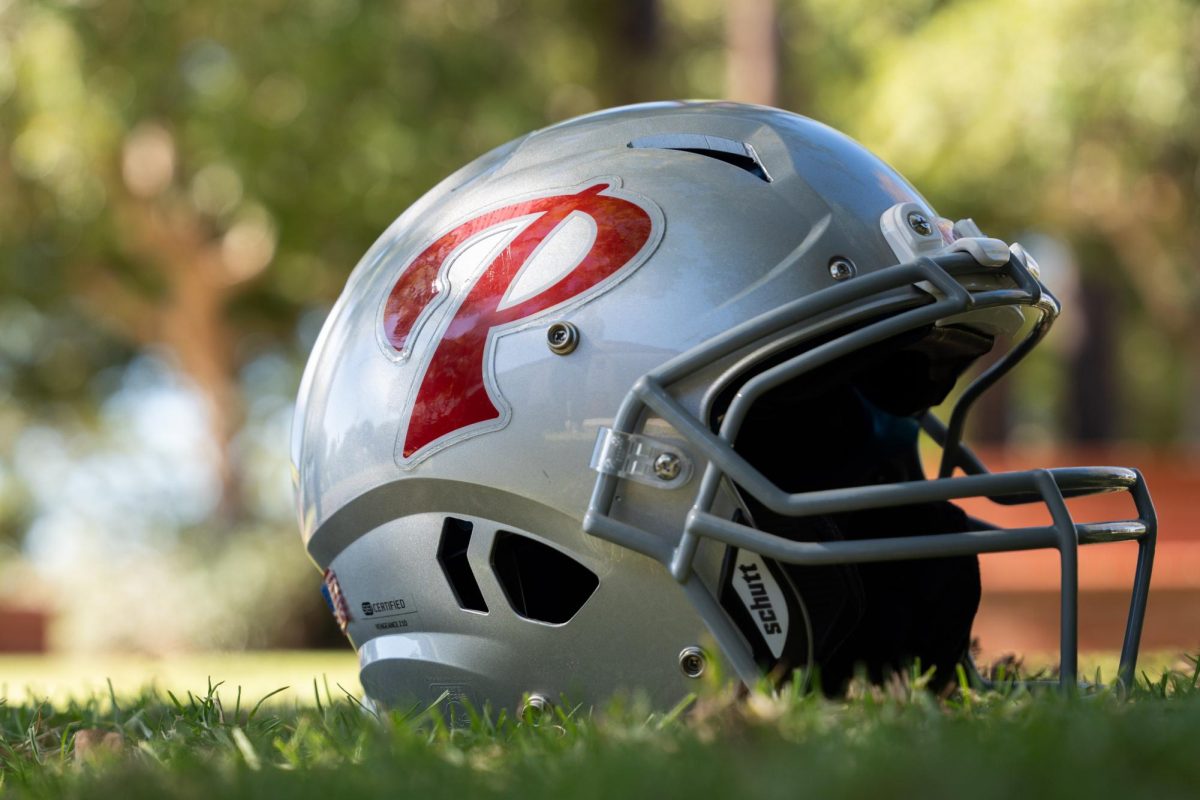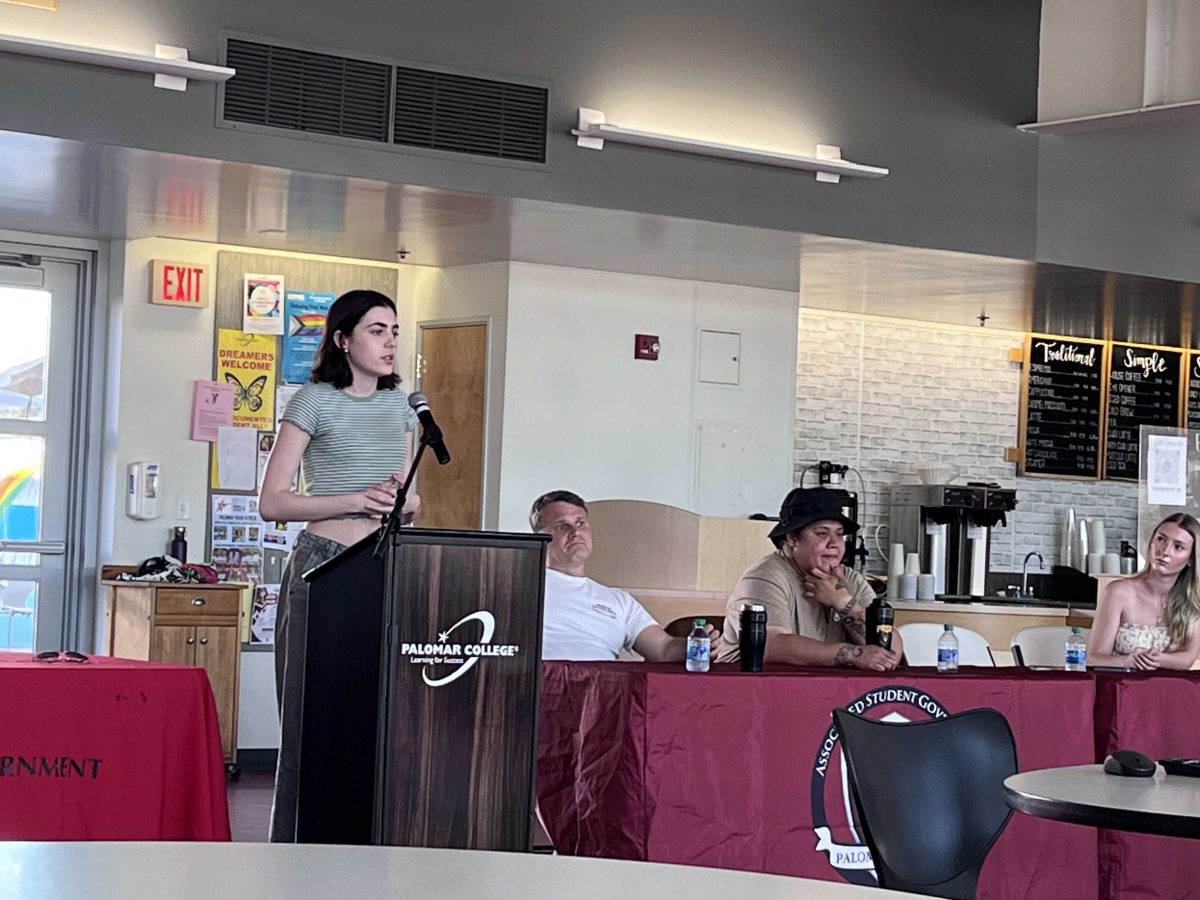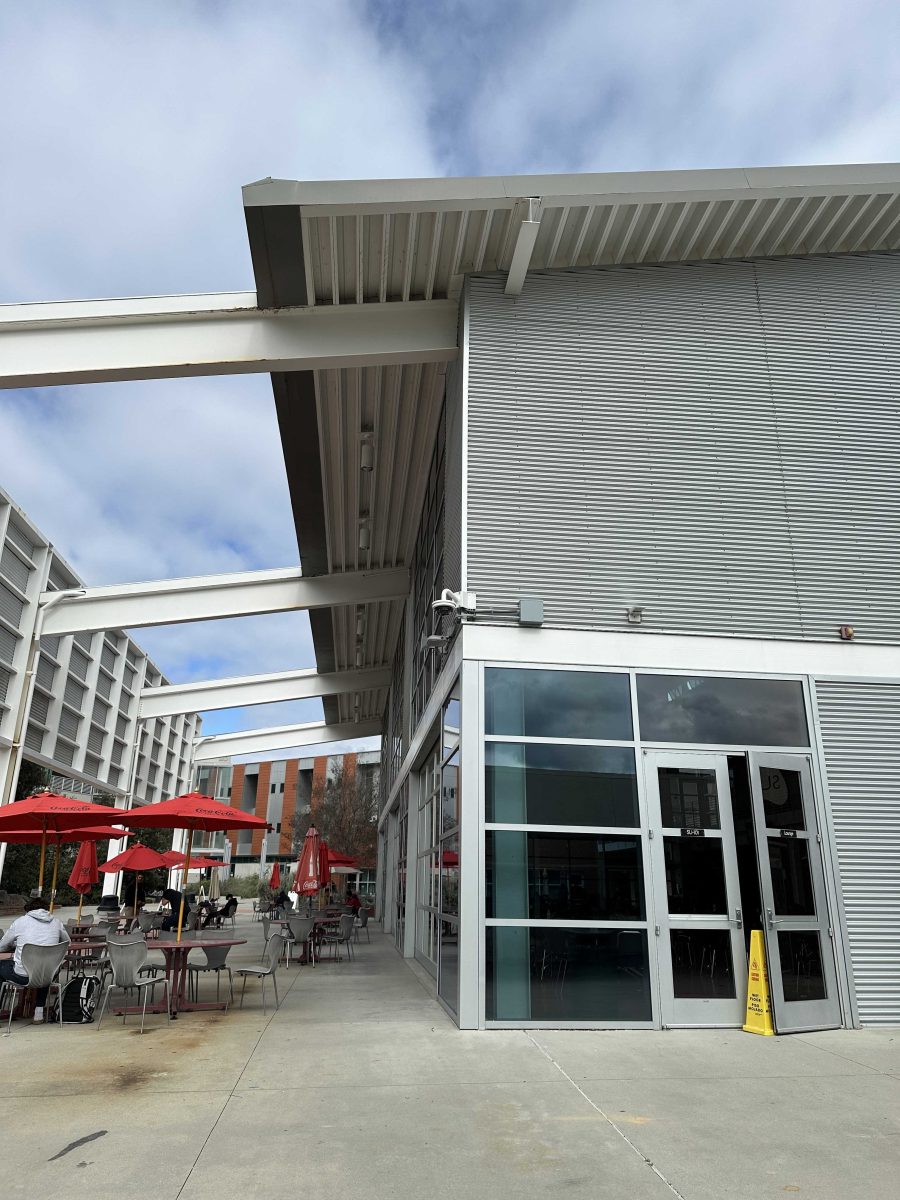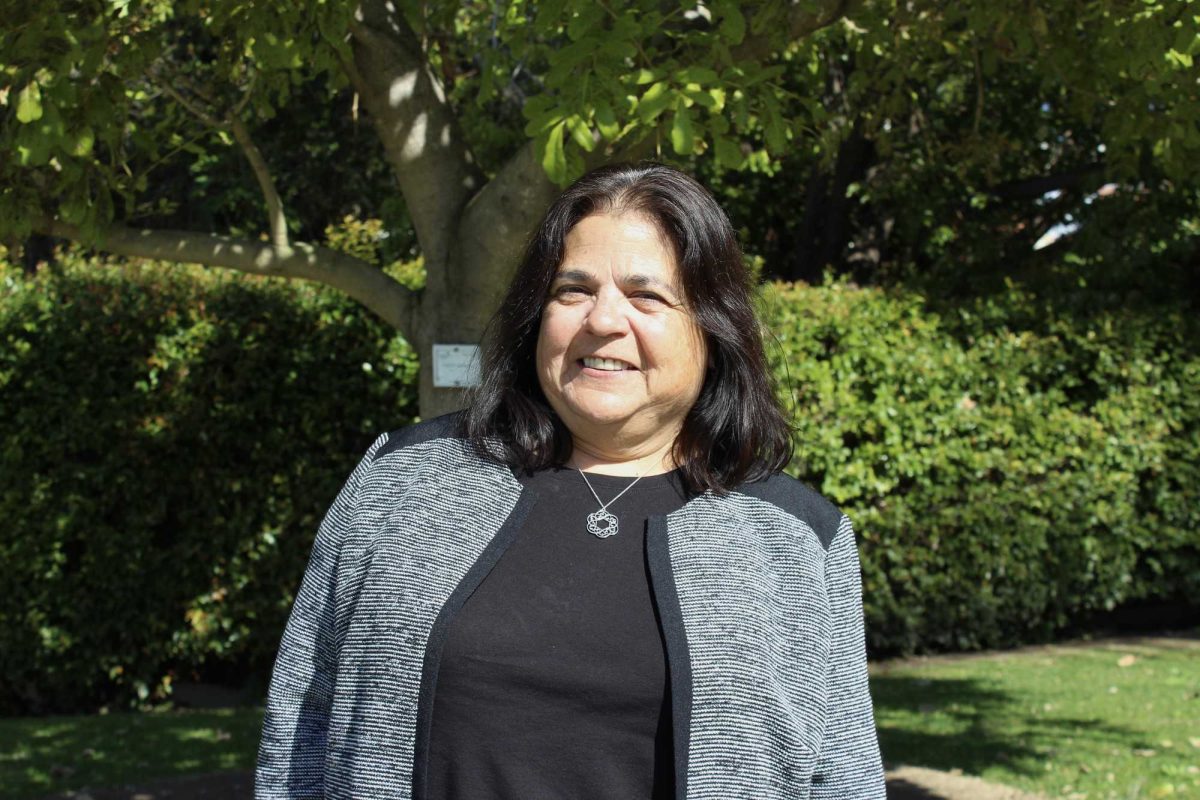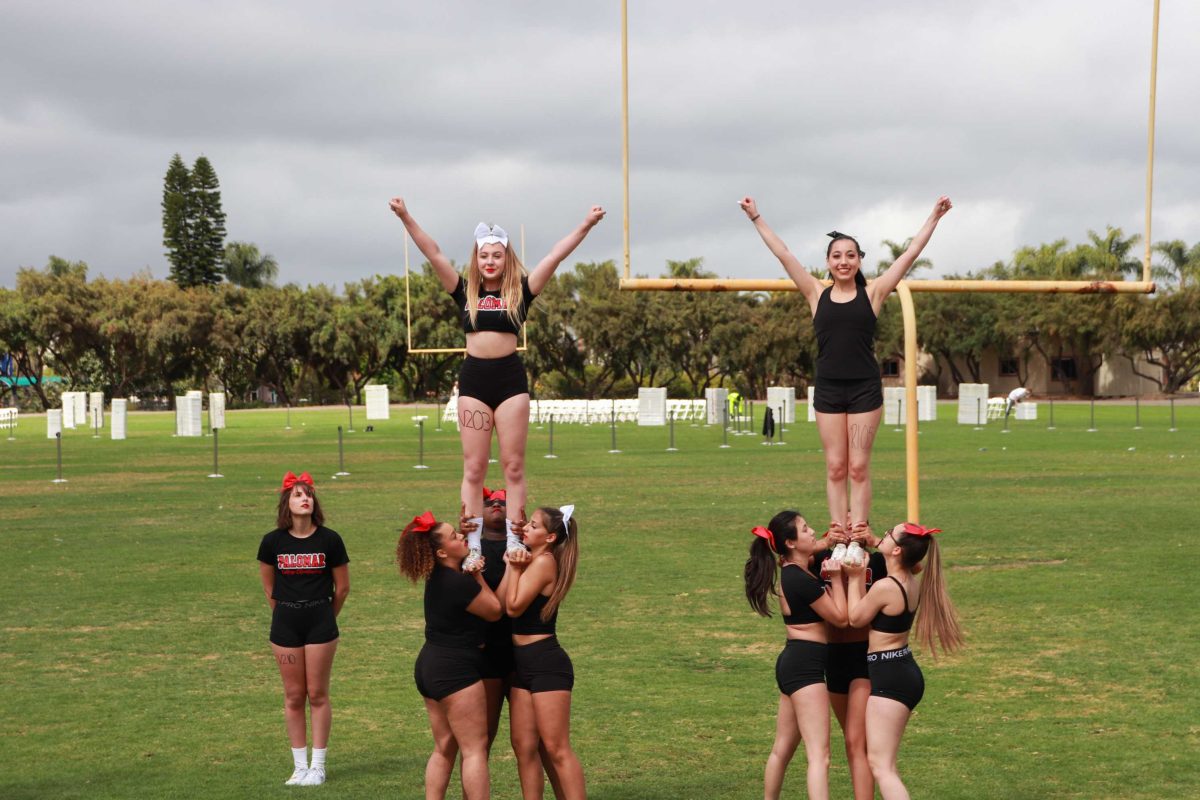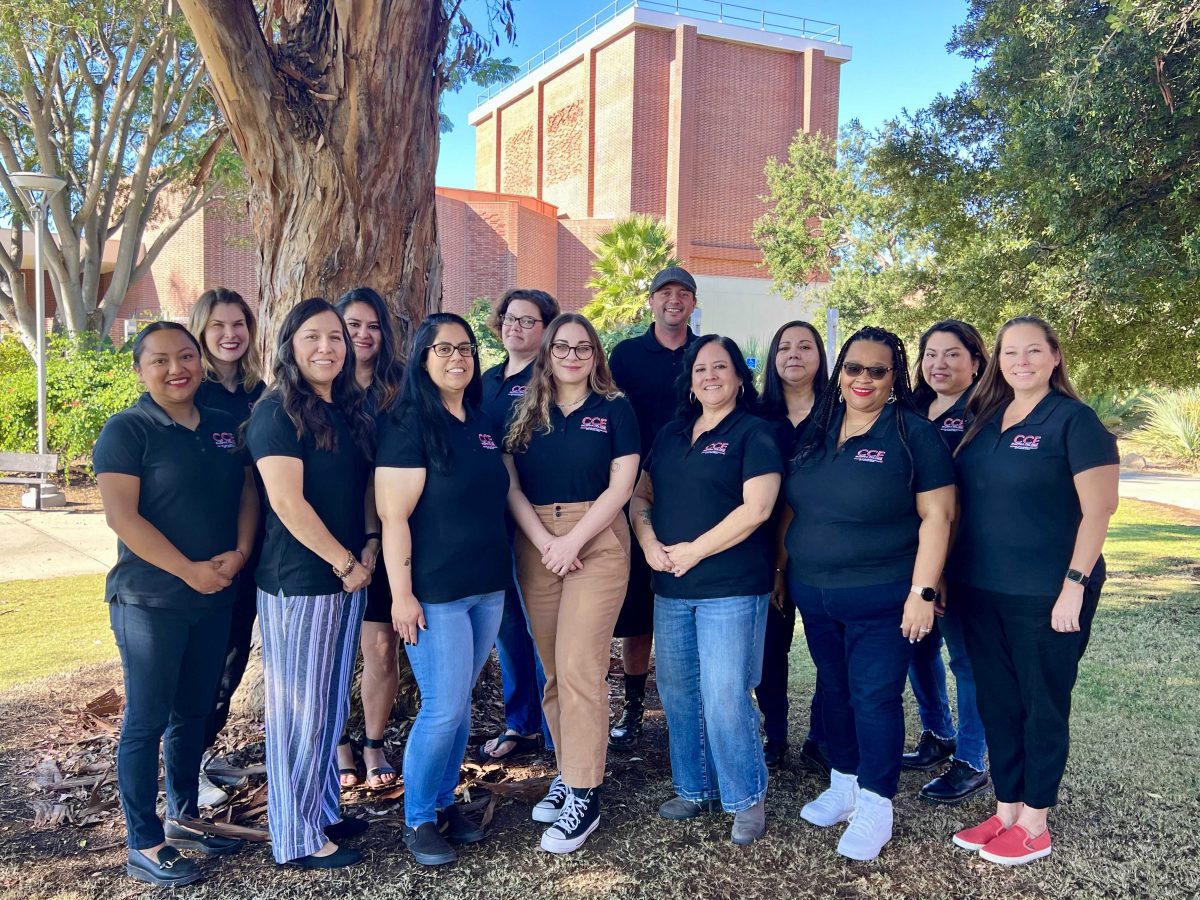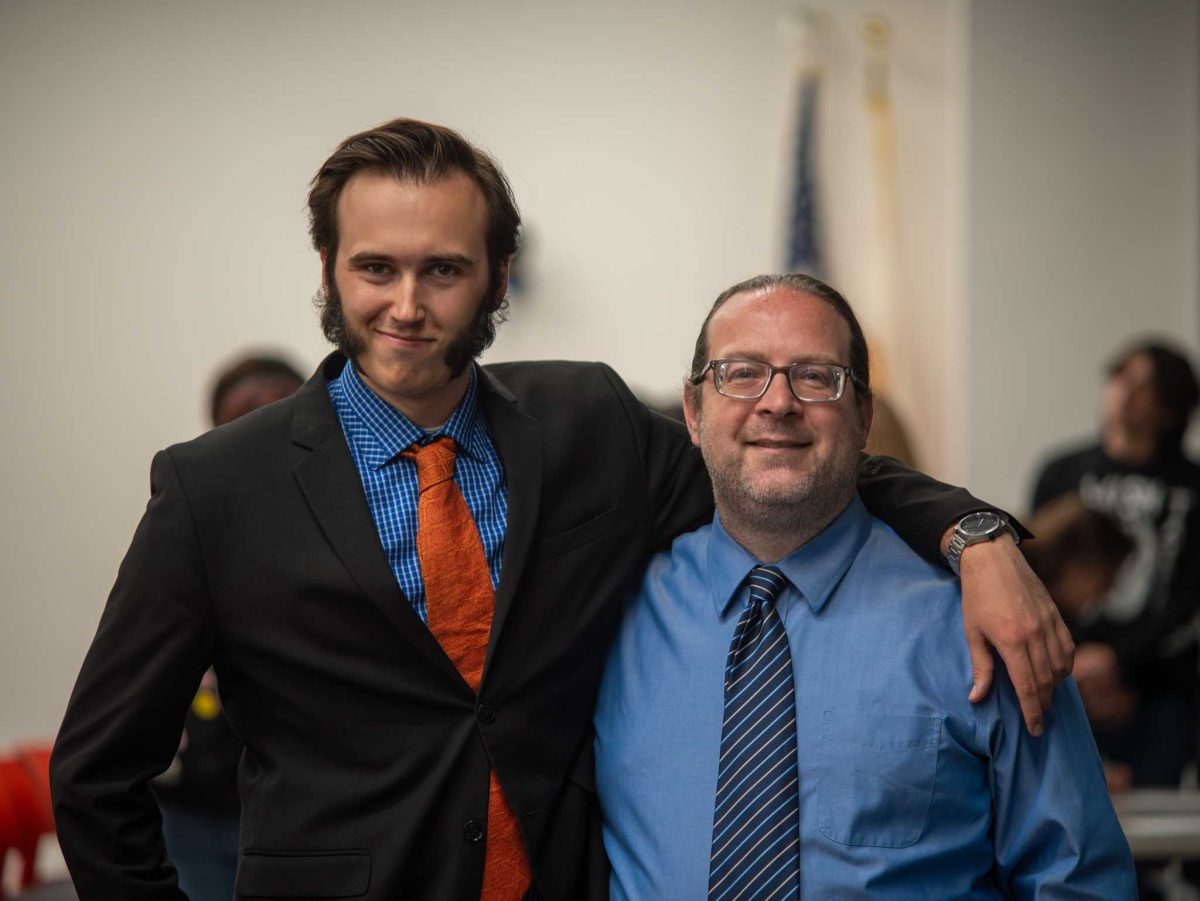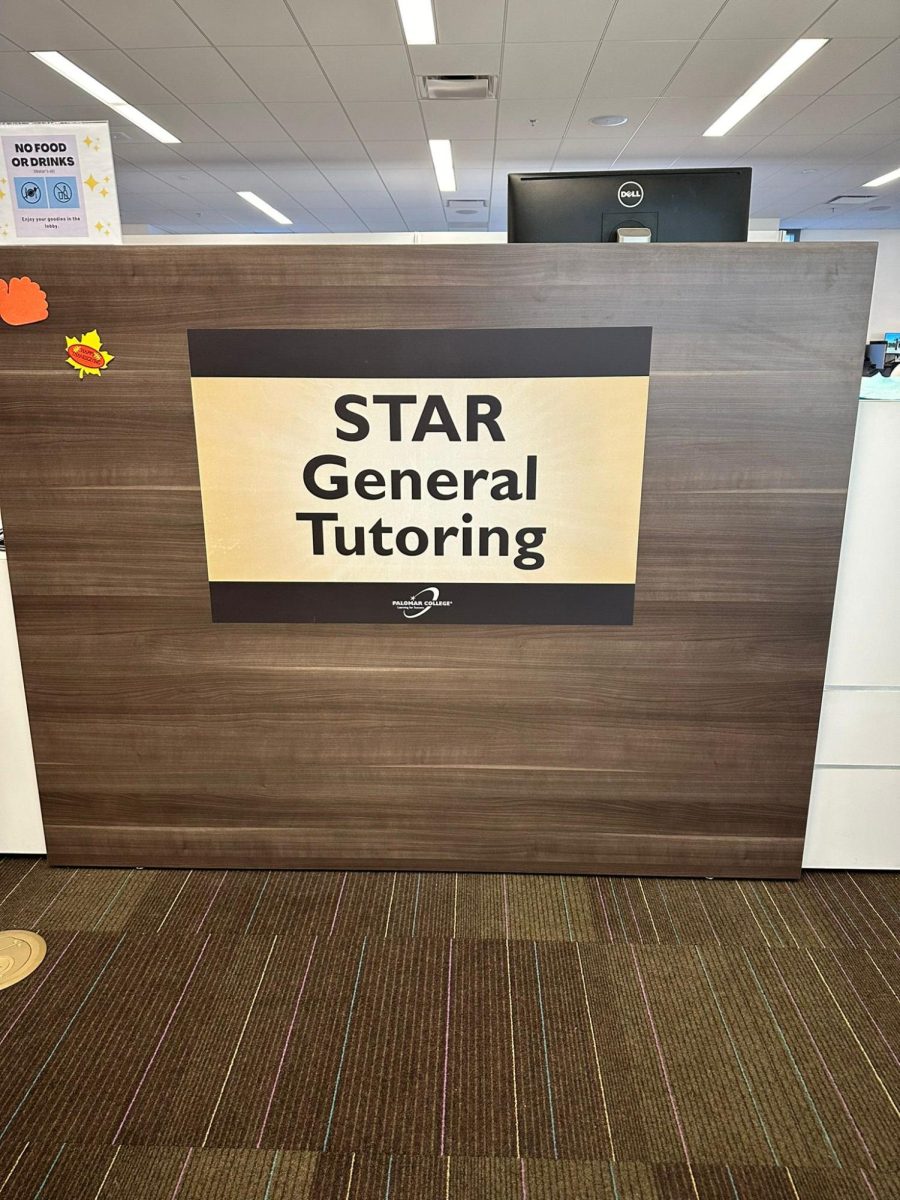The staff at the Telescope met with the candidates for the college’s governing board to discus where they stand on the issues affecting the college and how they’re looking to make an impact. Three seats are available on the board, Nancy Hensch and John Halcon are up for re-election after serving one term each and Nancy Chadwick will retire after spending more than 14 years on the board, and the residents within Palomar College’s district will vote in the Nov. 8 election to fill these seats. Below are the candidates responses. Variances in format are due to the reporters information gathering process.
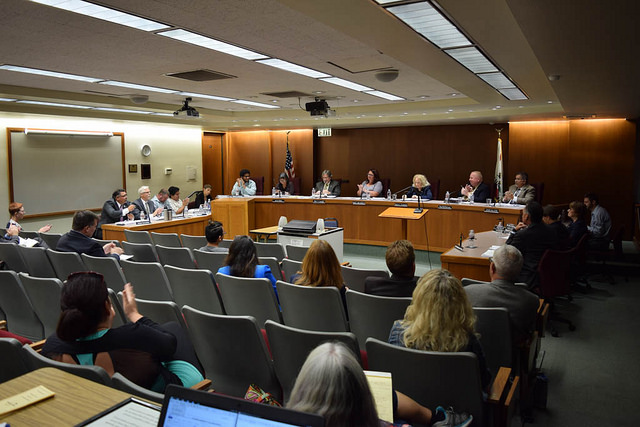
The Telescope: Why are you running?
Nina Deerfield: I am running to help this gem in our community expand and reach more students.
Rose Marie Dishman: If voters decide I make the best representative (based off of my) qualifications and experience. I would be happy to represent.
Tim Fillinger: I’ve been working with students for 20 years. Not specifically in a teacher-student way, but you know I help students start businesses and entrepreneur kind of things. I do a lot of mentoring and I hear a lot of things from students like, “Hey man, how come I’m not learning this in school?” And I’m like, “I don’t know. You should be learning whatever this is.” Like how do you do finances, how do you know if something is a good deal or not a good deal. You know nobody wants to waste their time. Like you’re doing what you’re doing because you’re getting something out of this. You don’t want to look back a couple years from now like, “Doggonit man, if somebody would of just bothered to take the time to give me a little guidance, I could of shortcut this process a little bit.” So I talked to my friends, these other students, you know some of them are now graduates and they’re like, “Tim, you’re always running your mouth. Here’s your chance.” So I said, “All right, I’ll do it.” And I’ve been in politics for about ten weeks now, so you know I’m a real long-term veteran and I’m all like, “You know it’s a big deal to run for a race and there are a lot of moving parts and talking to a lot of people.” And you better be ready to jump in with both feet and swim like crazy. Because you know if you’re going to do something like this, you better do it wholeheartedly or why waste everyone’s time.
John Halcon: “I’m an incumbent,” Halcon said. He hopes to continue the work he has been doing throughout his service as a member of the governing board.
Nancy Hensch: I am running for re-election because I believe in Palomar College and the value that this college holds for this community. I want to continue the work in making sure that students, faculty, staff and the community at large are served in the best possible way. I want to be a part of the future of this college, as I take great pride in the work that this college does on a daily basis.
Keith Mikas: I kind of approached that time in my life where people at work joke half heartedly that I should run for president and it got me thinking that I am somewhat outspoken, opinionated, and I care about my community. So I decided that, I thought that this was a great field to pursue. I’m not overly financially wealthy or anything so it’s definitely grass roots.
The Telescope: What will you do for students?

Deerfield: I will ensure equity in education so all students can prepare for a four-year degree or learn a trade to create the life they desire. Public education is the only way most students will achieve the American Dream which will also boost our local economy.
Dishman: Well the outcome of the students. Entering counseling encouragement for a student to succeed in their plan or goal at Palomar, and get them out quickly as can. Advising people to stay out of debt and have students apply for grants and guidance.
Fillinger: When I went to Palomar back in the day, to be honest like ’83, I was 18 years old and I didn’t have a clue what to take, I didn’t know how to take it, I didn’t know what order to take it in, I didn’t know why I was taking stuff. I think that’s not uncommon for a lot of incoming freshman, some more than others. I’m not hoping to make some huge blanket statement for the whole population, but the students I’ve talked to and I’ve talked to a lot, hundreds over the last few years and they say, “I kind of think I want to go into computers, but what do I take?” And I’m like, “Well what do you want to do in computers?” And they look at me like, “You mean there’s more than one thing?” “Yeah, about a thousand things.” So I think with Palomar they should have different tracks and a student can sign up for a track and it’s five semesters long, or whatever the faculty thinks it should be, and so a student says, “Great, I drop in semester one and semester one of this track as I take a couple of these classes and English 101. Then the second semester I take this and third semester I take this and the fourth and fifth semester and then I’m done. I got my certificate or my degree and the thing I wanted to get my certificate or degree in, and I’m ready to begin the next step of my life.”
Halcon: Halcon says that the board isn’t doing enough to improve student life on campus and that further improvements can only occur if students bring their issues to the board.
Hensch: I will continue to listen to student voices and consider their needs. I will make sure that they are included and be an active voice for them when they need one. I will thoughtfully deliberate about all decisions that affect them and their time here at Palomar. I will continue to celebrate their triumphs along side them and fight for them as necessary. Further, it is important to celebrate what is working well and continue that good work. Like taking smaller scale programs that are seeing great student progress like the First Year Experience and look to expand them. I would focus on looking to continue programs that promote college success and expose students to the possibilities granted to the m with a college education like Gear-up, and UPward Bound programs.
Mikas: If I get elected I will definitely be on campus more often than I feel the current trustees are actually interacting with the students to get a feel of what’s important to them. There’s a lot of different organizations on campus: the Chicano club, the gay-lesbian-queer club and organizations that I feel that they might have their purpose and that they maybe have not resonated within the board of trustees. They come to the board of trustees when they’re upset but I don’t see that they actually have a line of communication with the board of trustees.
The Telescope: What will you do to help build enrollment?
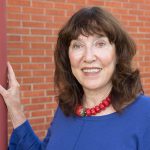
Deerfield: We need more community outreach, an updated web site and marketing must happen to compete with other local community colleges and the for-profit universities. Also we need to ensure the degree programs are meeting the needs of the students and the local economy.
Dishman: She said the South Campus will be the biggest facto in building enrollment and that there needs to be more interface to get everyone on board. She wants to see students come back to Palomar and improve enrollment numbers.
Fillinger: For every 12 students, Palomar gets a little bit of money. Right now we have about 19,000 full-time students. How do we get those students in the door and get them the classes they need? How do we know how many of those students are going to be around later? If we can get 1,000 students in the journalism track, I can bet we can have 980 of them back next semester. One of the problems we have is that the professors want full time because they have families to feed. If we don’t have students for the classes, it’ll affect their retirement and paycheck. If we can find a way to get student on the right tracks like the nursing program, they’ll have a waitlist. With the right track, you can see what classes you’re taking in the next two years. You have a place in there for an elective and to take what classes you want to take. If they have a keen interest in greek archaeology, they can take it while on these tracks. You could hopefully then start to see our graduation go from 30 percent to 40 percent, which means their staying longer and getting more value. Our job is to educate young people. All these things don’t matter if we aren’t educating students. Keep the main thing the main thing. The primary function is producing educated students. If the thing we are doing isn’t producing educated students, then we aren’t doing it. How do we get to 25,000 students as opposed to 19,000 students and then to 40,000? I want my buildings being used all day if we’re going to be paying for them. That’s what a board member does.
Halcon: Halcon believes the administration has been doing a great job so far, “It is not the board’s job to help improve enrollment, that is up to (Palomar College’s) administration,” Halcon said.
Hensch: I will continue to provide feedback and listen to faculty and staff as we build and implement an enrollment management plan that benefits the college as a whole, while making sure that all student needs are addressed. Further, I will continue to promote Palomar College and its talented faculty, staff, students and programs to the community at large. I intend to fully support the marketing campaign as we look to further engage the community and highlight the amazing work done here.
Mikas: I think that’s where the marketing department and so forth, we need to just show the value of two-year education. Palomar has great facilities, its right next to public transportation, centrally located with all the multiple campuses around north county. You got Fallbrook, you got Escondido, San Marcos, soon you got the South Campus down in Rancho Bernardo, so as students possibly move around which I know as a student I moved around a lot, you can actually stay within one college system. You don’t have to keep switching colleges and move transcripts, classes not count and vice versa, along maybe with Palomar needs to pair up with a couple more state schools, maybe a private university and definitely CSU San Marcos and make sure that the classes were offering the students are directly transferable. That’s the worst thing as a student. I’ll be honest, I attended Palomar many years ago and that was one of the things I found frustrating was when you transfer to an state school, so many of the classes you take are not transferrable.
The Telescope: What is the first thing you plan to do if elected/re-elected?
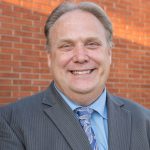
Deerfield: Listen and learn from all the different groups: students, teachers, administration, staff, the foundation and the community. Understanding all the different points of view will help me know how to move forward.
Dishman: She looks to meet the new president of the college, President Joi Lin Blake. She believes there are a lot of new people in administration that need to be accredited, “nothing falls through the cracks.” She wants to see the college move on the South Campus and that the president will have more impact on the South Campus.
Fillinger: You gotta know your numbers. I need to know how our budget is being spent. You can’t make a decision about something you don’t understand. I’m not going to go to the history department and say show me how you’re teaching your class. We have great professors and a great president. My job is to equip them with the tools they need to do their job. My job is to go over the budget know why the money is being spent and why it’s being spent there. That’s the first thing, off the top off my mind. Second thing I have to do is talk to the counseling department and look at the problems from a different angle. We have to know where we are at, define where you are going, and then you do an analysis and find the gap and fix it. No free beer on Tuesdays, sorry.
Halcon: The first thing Halcon plans on doing if reelected is “celebrating,” but afterwhich, he plans to improve student services.
Hensch: If re-elected, I plan to continue to listen to and provide a voice to those who need one. I would like to focus on continued diversity in hiring, enrollment management, student success/persistence and further foster even better relationships with our K-12 partners.
Mikas: Definitely like I said, I’d make the rounds of a lot of the clubs and organizations on campus just to get really the heartbeat the campus of what’s going and what’s really concerning the students.
The Telescope: What makes you more qualified than the other candidate?
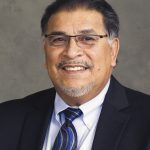
Deerfield: I have taught in Escondido for 29 years and I publish a local bilingual newspaper that has covered many issues at Palomar, so I know a lot about the history of this school.
Dishman: She was on the board for one term from 2008-2012. She has a doctorate in physics and a masters degree in marketing.
Fillinger: Not going to say more qualified. I read what they write. Most of them speak about their educational credentials. That’s great, how does that make you a great board member? I’ve run businesses and been on boards before. That’s why i think I’m qualified. I think the board needs diverse voices. They need people who are not just teachers. If you only ask football players what the best sport is, what are they going to say? You need another viewpoint. You can tell I have a passion about this. I have an energy. Nobody will outwork me.
Halcon: Halcon summarized it in one word “experience.” He said there is a learning curve to this job and he is much more qualified given the fact that he has already served four years as an incumbent for the school governing board.
Hensch: Instead of making comments about others, I choose to state that I feel deeply and passionately about providing an affordable and quality college education to all students who want to learn. As a former community college student, I know that without community college many students would not go to college at all, whether it be right after high school, or when making a mid-life job/education change. Because of a community college my mother and I had the fortune of attending college level courses together as she made a change of career while I was in my early twenties. I personally know the benefits, on numerous levels, which this kind of opportunity can give students and their families, and I firmly believe that is what makes me the best choice.
Mikas: My wife is currently a professor or adjunct professor at Palomar College. She teaches in the ESL department, so I hear about what’s going on from an administrative side. A couple of my neighbors they do attend community college, so I hear form them of the trials and tribulations of their kids. I’m a fairly well listener and I’m open to ideas and levels and channels of communication.
The Telescope: What is your long term vision for the school?
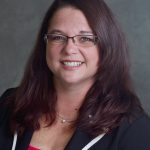
Deerfield: Palomar should have a great community outreach program so more students are welcomed in many ways, we should have relationships with every high school in this enormous district and support every student so they can succeed and thrive. We need to advertise to show how much better Palomar is than the diploma mills that can leave students with a partial education, no job and a large debt.
Dishman: Her long-term vision involves the expansion of bachelors degree programs on the campus. She also believes that the campus is under utilized with very few classes offered on Friday and Saturday. She wants to see the college work towards expanding classes on campus and online.
Fillinger: Forgive me if I say something against the rules, for I don’t know all the rules from the county on who can do this and who can do that but, why can’t Palomar offer a four year degree? Why do you have to go to CSUSM, or SDSU, or UCSD and spend 80,000 for two years of school. If we can find a way… to partner with some of those schools and say, “you’re crowded, so why don’t we offer that same class on our campus? And now our building that was used 40 percent of the time is now being used 80 percent of the time.” That means more money for the school and maybe now we can build that parking structure.
Halcon: Halcon’s objective is to get better communication with surrounding four-year colleges and make a smoother transition for students from Palomar, who are trying to further their education.
Hensch: My long term vision for the college is continued student success, completion of the the master plan to include state of the art facilities while providing student safety, maintaining a modest reserve and continuing to have a faculty and staff compensated for the time and effort that they devote to their career.
Mikas: I would love to see it be a shining example of STEM, Science, Technology, Engineering, Math. With the two new campuses getting built and soon to be occupied, South Campus along with the new Fallbrook campus, I thinks it’s been 50 years or so since San Marcos campus was built. Some of the technology and training that are offered, woodshop is great, automotive is great, I took those classes, I love those classes, they definitely have a spot in education, but I think with the new mandate that our Senator block, he got the bill passed, two-year universities can offer four-year degrees in high need professions like nursing, administrative care and those things that I think that Palomar can definitely start offering some higher level classes and programs that are definitely a lot more affordable than other universities.
The Telescope: What do you like most about Palomar?
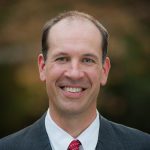
Deerfield: I like the eager students and the caring teachers who deserve all the support we can give them.
Dishman: Beautiful place, people are very nice and helpful. Students are here for a reason.
Fillinger: What I like best about Palomar is it gives young people a chance to get plucked back into education. If you can get plugged into Palomar, you can get just as great training, and feel like your life is moving progressively forward. To have a safe environment and a community environment to get some professional training,get some educational training, get some exposure to people from different backgrounds, to become a critical thinker, something I think everyone could get a little bit better with.
Halcon: Halcon said that the thing he admires most about Palomar College was its student’s. “They are truly amazing, these students. You know I see some of them and I just think to myself ‘these students are really going places.’”
Hensch: What I like most about Palomar is the students. They are passionate writers, artists, musicians, dancers, mathematicians, ambassadors, etc. When I attend a student event whether it is a performance or a graduation for example, seeing the students hard work and effort and the pride that they show is contagious. It makes me want to work harder for them. It’s that simple.
Mikas: I actually love the P.E. department. I’m a big cyclist and north county is a great place to ride bicycles. I took a cycling class there. I know I definitely swam in the pool there a couple times. Back when I was there there were bike lockers on campus, their probably are still bike lockers, that was a great way to lock up my bike when I rode it school. Palomar has a pretty good baseball team.

